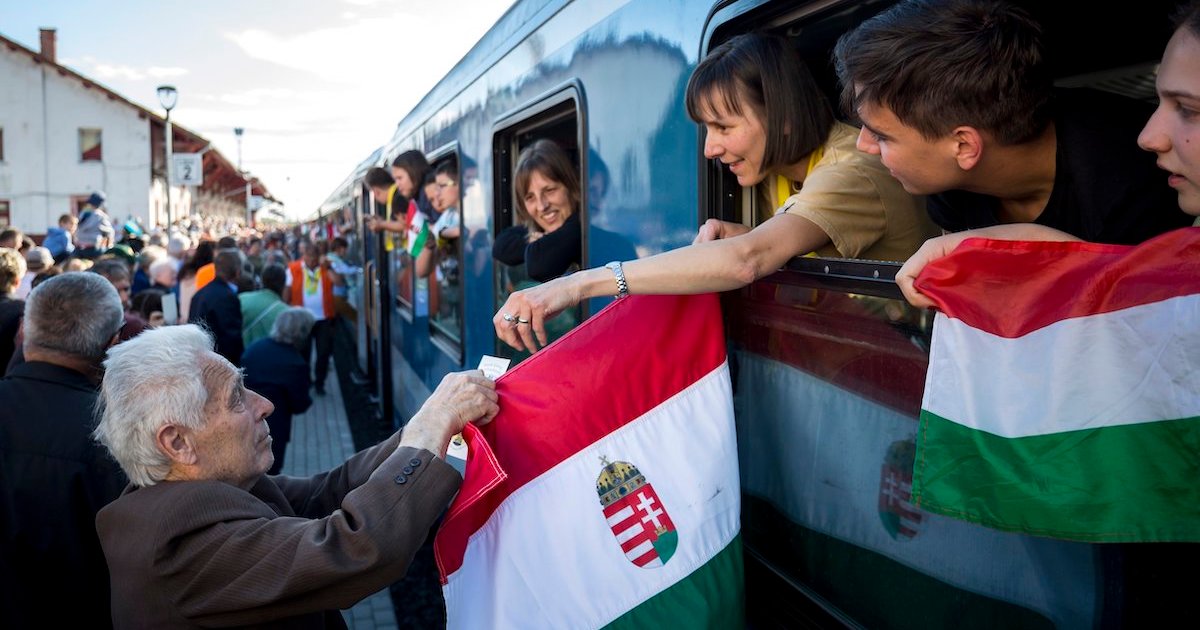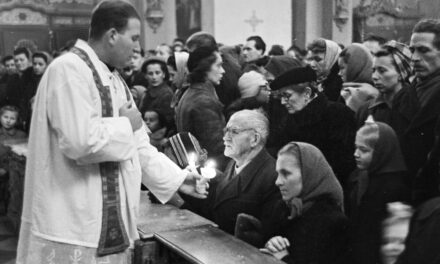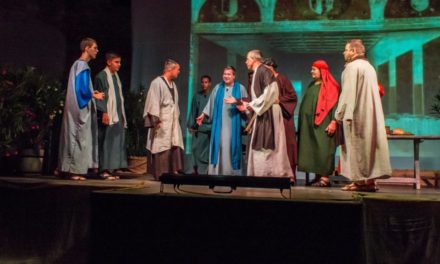This year, the MÁV will again launch pilgrimage trains together with the Mission Tours Travel Agency: in June to Csíksomlyo in Transylvania and the Pauline shrine in Czestochowa in Poland, and in September to Medjugorje in Bosnia-Herzegovina, the organizers announced at a press conference in Budapest on Wednesday.
Attila Fülöp, the State Secretary responsible for social affairs at the Ministry of Human Resources, emphasized: the pilgrimage trains send a message that here in Central Europe, in Hungary, Christian culture is not a "musty" memory that can be "pulled out of a museum", but a "custom that lives with us to this day".
According to the state secretary, another important feature of pilgrimages is that they are a community experience. Those who make a pilgrimage are entrusted to others, to the community.
He emphasized that because of these two characteristics of pilgrimages, the State Secretariat encourages and supports year after year, so that young people living in child protection can participate in them, experiencing the experience of belonging to the community and spiritual replenishment. He added: the experience of the past years is that the children look forward to and love these pilgrimages, and often tell about their experiences months later. Attila Fülöp also announced that young people from across the border will take part in the trips this year as well.
Győr county bishop András Veres, president of the Hungarian Catholic Bishops' Conference, spoke about how train pilgrimages are important events in terms of strengthening faith and awakening faith.
Just like prayer, pilgrimages can have four elements: glorification, thanksgiving, atonement and request. Which of these is more important is always determined by "our life situation," he said.
In addition, the "ideological aggression" that has intensified in recent years makes it more and more necessary to ask God for "wisdom" and "clarity", said András Veres, who is the ecclesiastical patron of the Blessed Virgin and the Black Madonna pilgrim trains, and will also be the spiritual leader of the latter train.
In his message to the event, László Kövér, the other chief patron of pilgrimage in Csíksomlyo and Poland, said: "in addition to the forced social distancing requirements caused by the pandemic, the spiritual closeness between people, the need for community against loneliness, and the awareness of certainty against uncertainty are being valued. In a word, life-giving Christianity can be strengthened".
Csíksomlyó and Czestochowa have been the embodiment of the Christian faith of Central Europe for centuries. Both are a place of pilgrimage for people who are strong in their togetherness and self-identity, who preserve and wish to preserve their Christian roots and faith, a bastion of national culture, a scene of experiencing togetherness, wrote the President of the Parliament.
"Nowadays, when the new test of our faith and existence is the denial of the biological and spiritual reality of man, when Western Europe is threatened with organized destruction of souls", these places of pilgrimage take on special significance, he added.
More information about the pilgrimages can be found at www.missziotours.hu.
Source and full article: szekelyfold.ma/MTI
Featured image: MTI/Balázs Mohai













